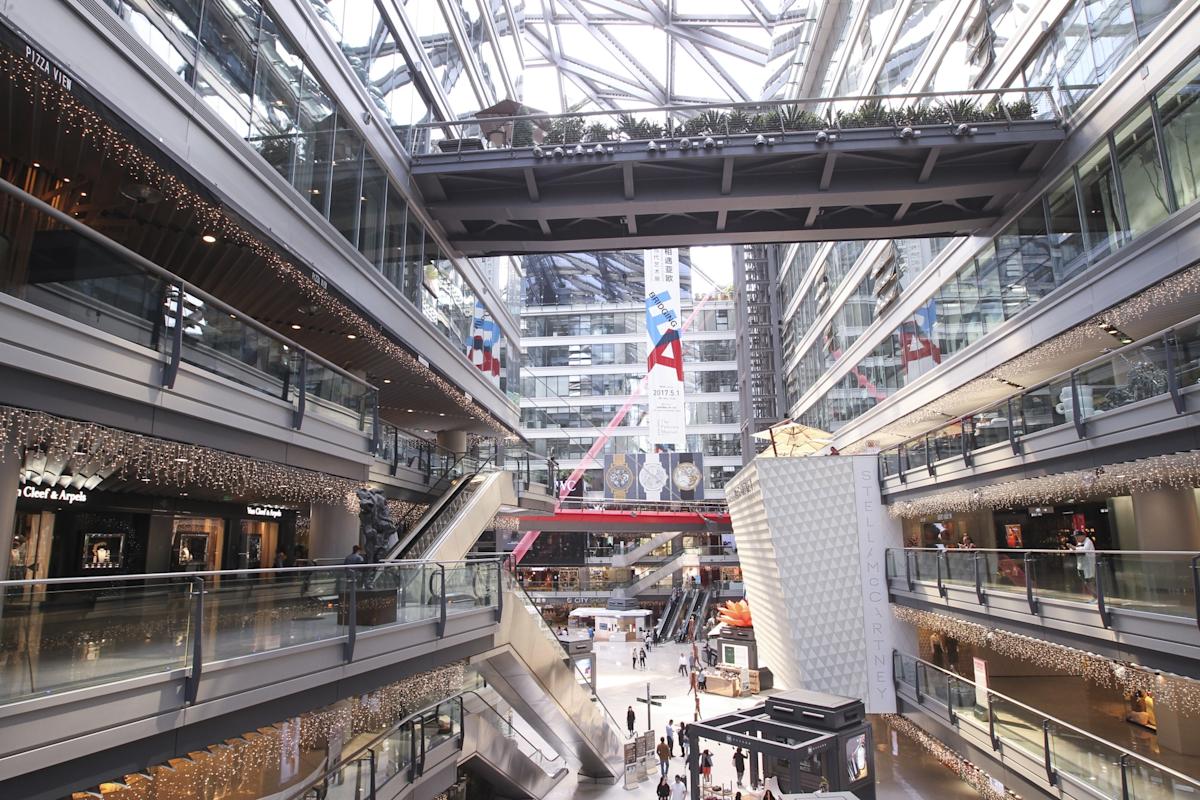(Bloomberg) — Banks in Asia are getting caught in the latest flare-ups in China’s real estate crisis, as more than $1 billion in property-backed loans is at risk of default unless extension or refinancing deals can be reached.
Hong Kong developer Parkview Group Ltd. has a $940 million loan due on Friday that it’s aiming to extend by a year, but talks are still ongoing as Taiwanese lender Bank of Panhsin as of Thursday had yet to approve a rollover of its portion of the loan, according to people familiar with the matter.
Most Read from Bloomberg
Separately, a fund led by private equity firm Gaw Capital Partners already missed a payment on a $260 million facility that matured this week, leaving creditors in a position to declare a default within days if they opt to do that.
Banks involved in the loans, including HSBC Holdings Plc (HSBC, HSBA.L), Hang Seng Bank Ltd. (HSNGY), and United Overseas Bank Ltd. (UOVEY), along with several Taiwanese banks, face a dilemma: Extending deadlines over and over won’t resolve the sector’s problem, but pushing borrowers into default could result in losses on the borrowings. That’s led to difficult discussions among creditors as they struggle to agree on refinancing plans for growing piles of maturing loans backed by real estate assets.
The yearslong property slump in mainland China and Hong Kong has triggered hundreds of billions of dollars in bond defaults. Bank creditors, once considered relatively insulated for holding real estate projects as collateral, are now increasingly feeling the strain.
While many banks don’t want to prolong their exposure to China’s property sector, selling off property in the event of default may not be appealing either. Distressed sales of Chinese commercial real estate assets totaled 114 billion yuan ($16 billion) over 2023 and 2024, and made up a record 22% of total transactions last year, according to a report by Bloomberg Intelligence.
Parkview secured a three-month reprieve on the UOB-led loan in August. The borrowing is backed by the Parkview Green complex in Beijing’s Chaoyang district, a mixed-use development known for its sleek glass architecture and collection of contemporary art.
Parkview Green in Beijing.
In earlier talks, banks were concerned about extending Parkview’s loan because Parkview Green wasn’t generating enough cashflow to service its debt obligations. Parkview put the asset up for sale last year, but so far there is no potential buyer, the people said.
HSBC, UOB, Hang Seng Bank and Gaw Capital declined to comment. Parkview didn’t respond to requests for comment. In an emailed response Wednesday, Panhsin said that it is still evaluating the Parkview loan refinancing and hasn’t made a final decision. The bank didn’t respond to further inquiries on Friday.
The Gaw fund loan is backed by a 25-story office building called Ocean Towers, near Shanghai’s famed Nanjing East Road shopping area. A Gaw-led consortium bought Ocean Towers from ARA Asset Management for around 3 billion yuan ($421 million) in 2018, real estate publication Mingtiandi reported at the time. The fund had sought to sell the asset to repay the loan, but also didn’t secure a deal before the borrowing matured, people familiar with the matter said earlier.
Major lenders on the Gaw fund loan include HSBC and Hang Seng Bank.
Both loans are among a clutch of cross-border property-backed facilities completed during China’s real estate boom that are coming due during the sector’s deep downturn. These borrowings are typically backed by onshore assets and structured so offshore lenders have limited recourse if the company can’t repay the loan.
Separately, Gaw is also nearing a deal to refinance a $110 million-equivalent loan backing a life science park project in Shanghai that is set to mature on Nov. 24. The firm is in talks with existing lenders about a potential new three year facility.
Most Read from Bloomberg Businessweek
©2025 Bloomberg L.P.

